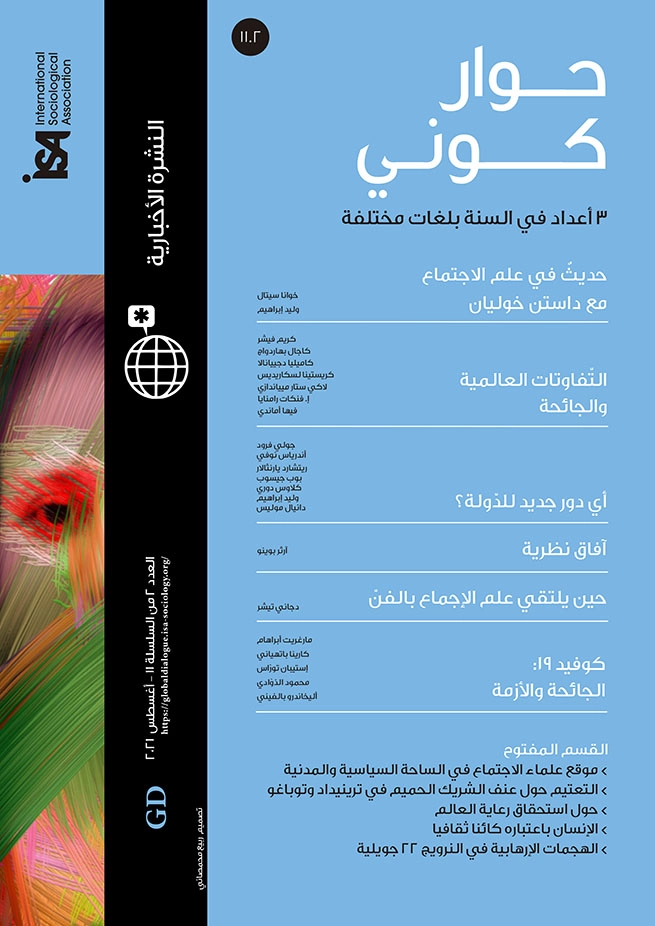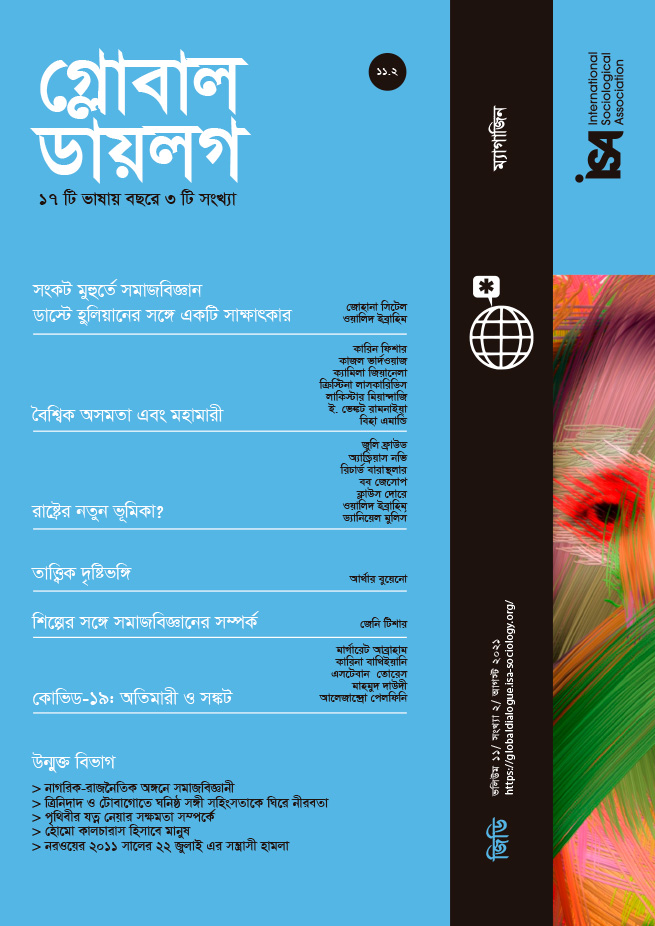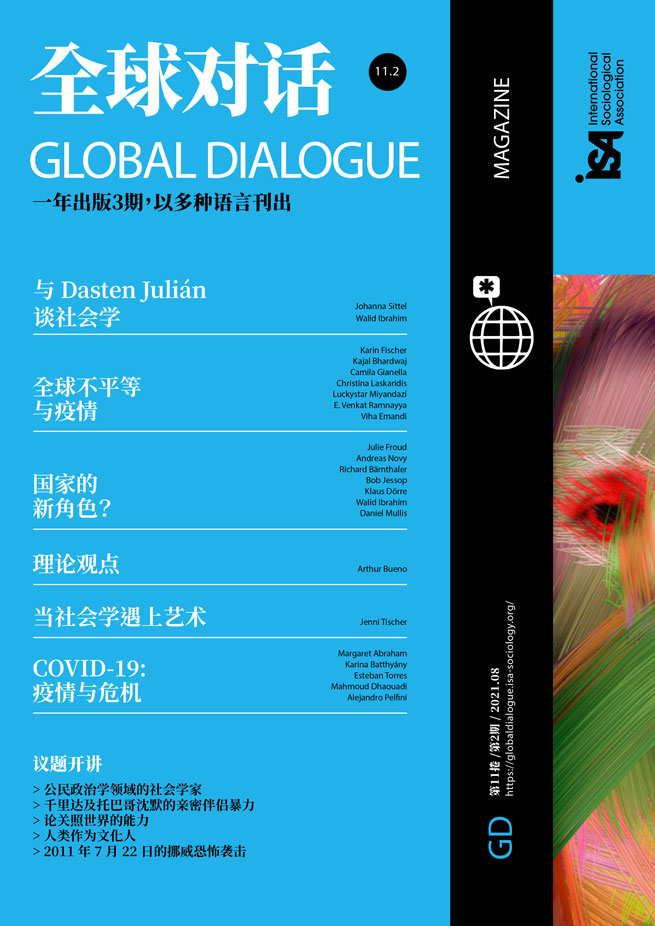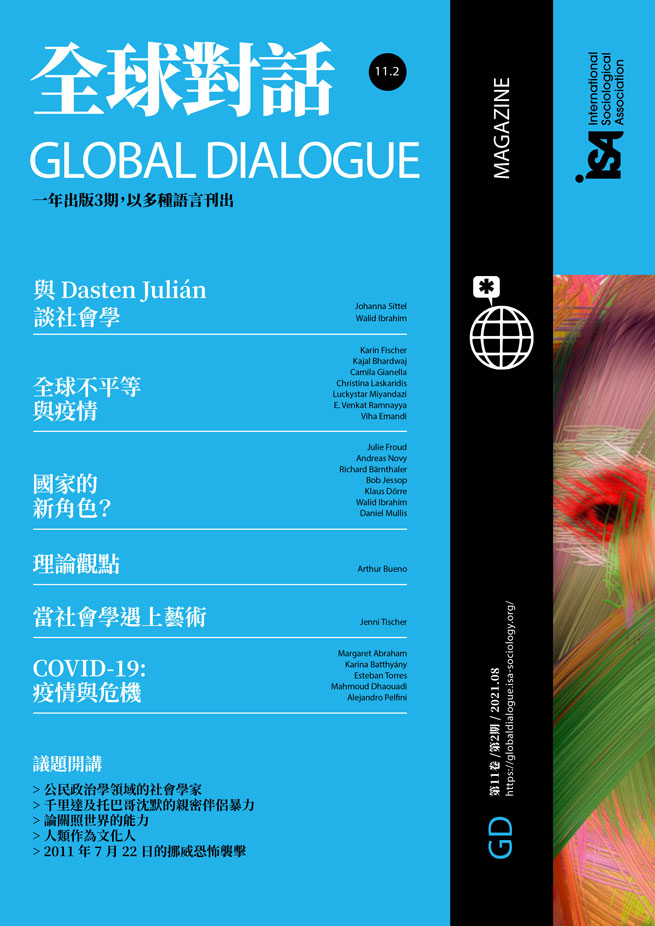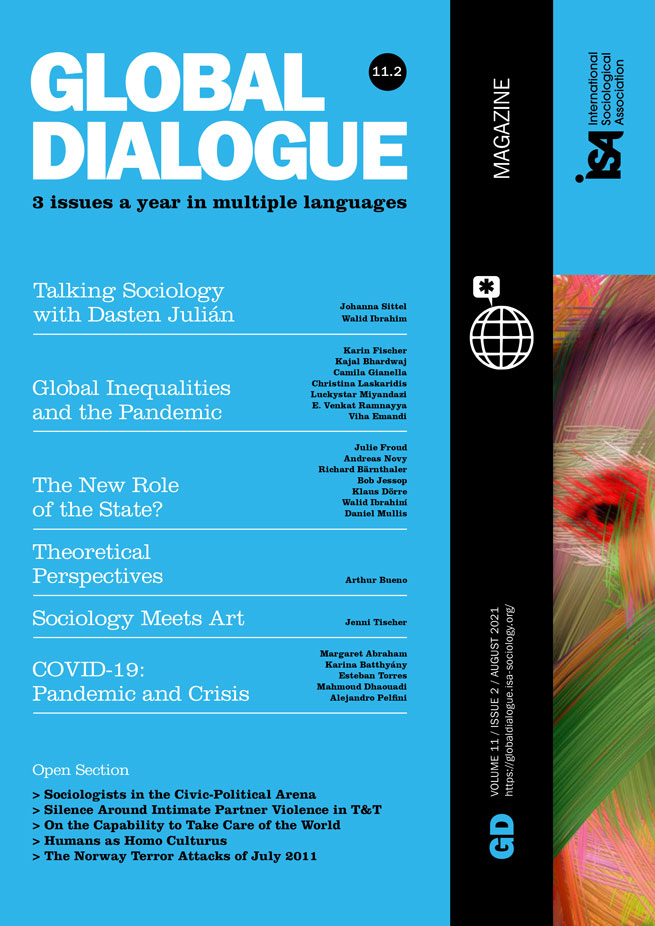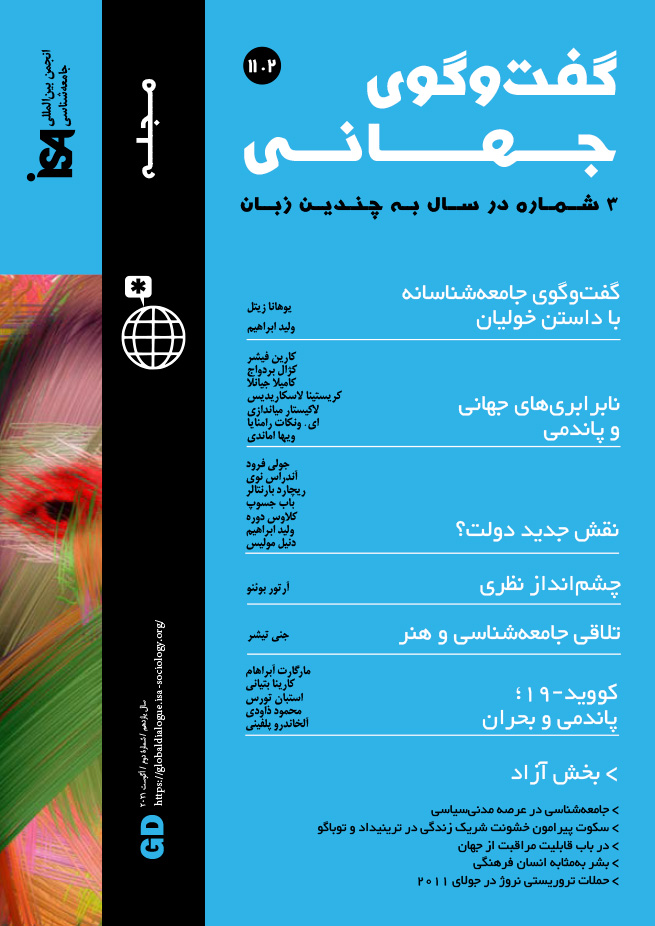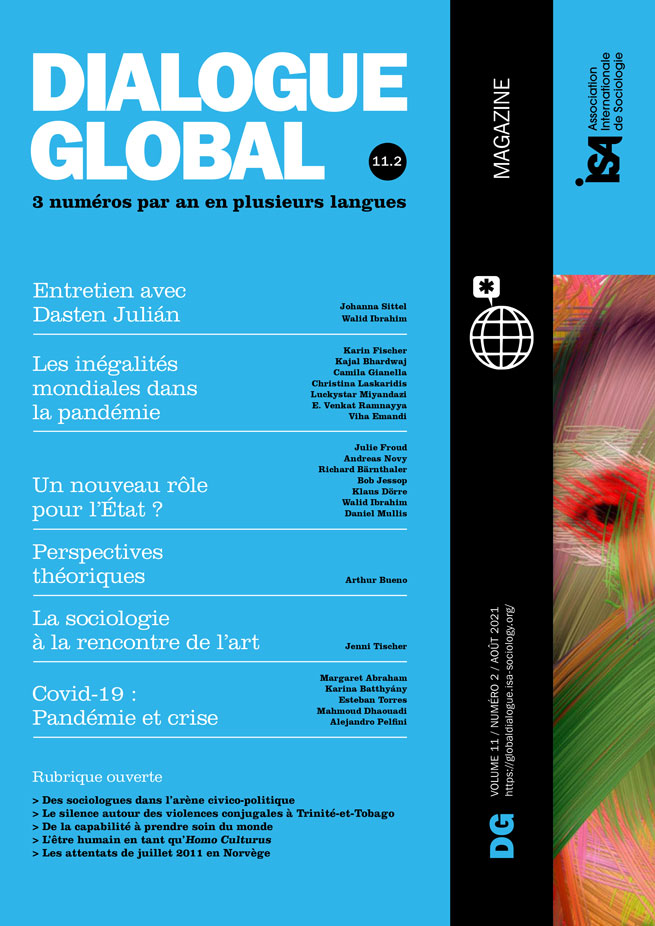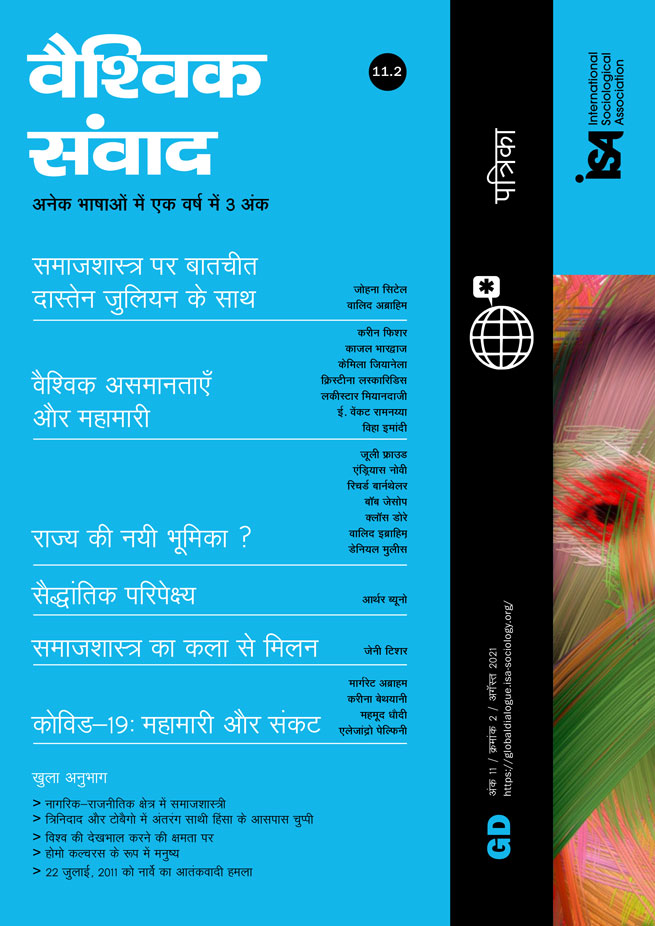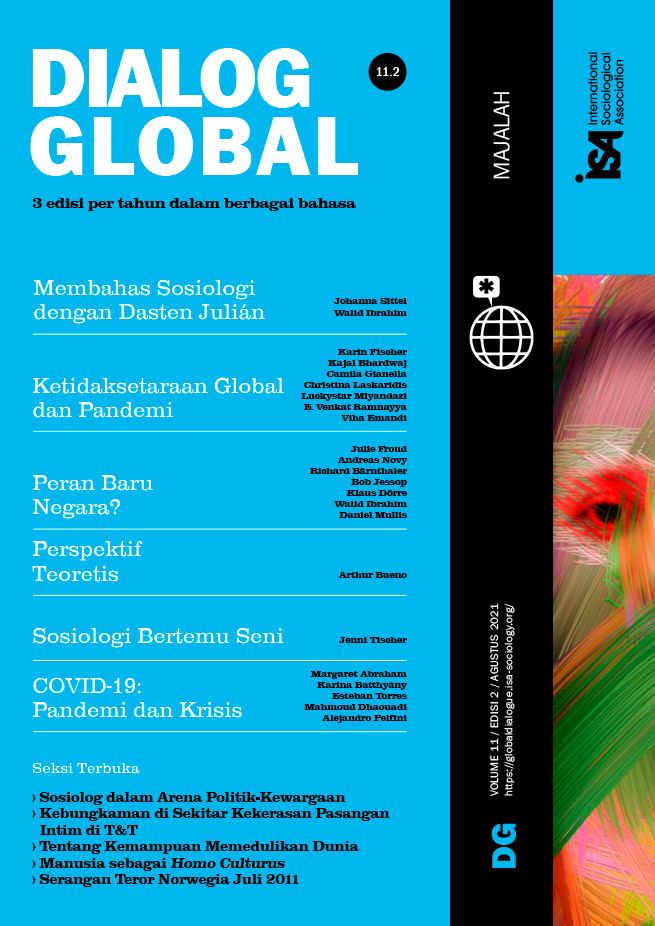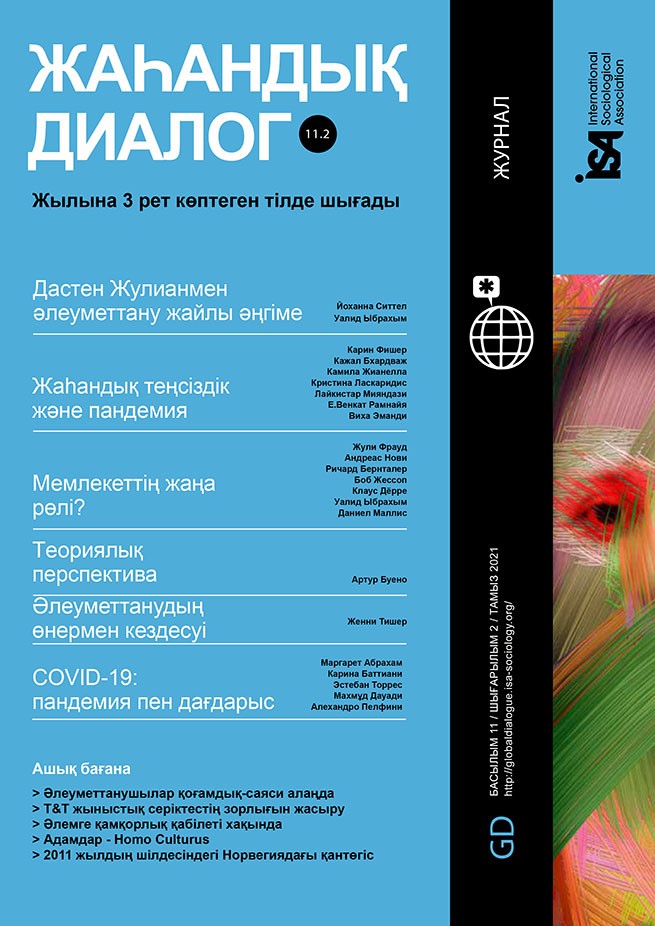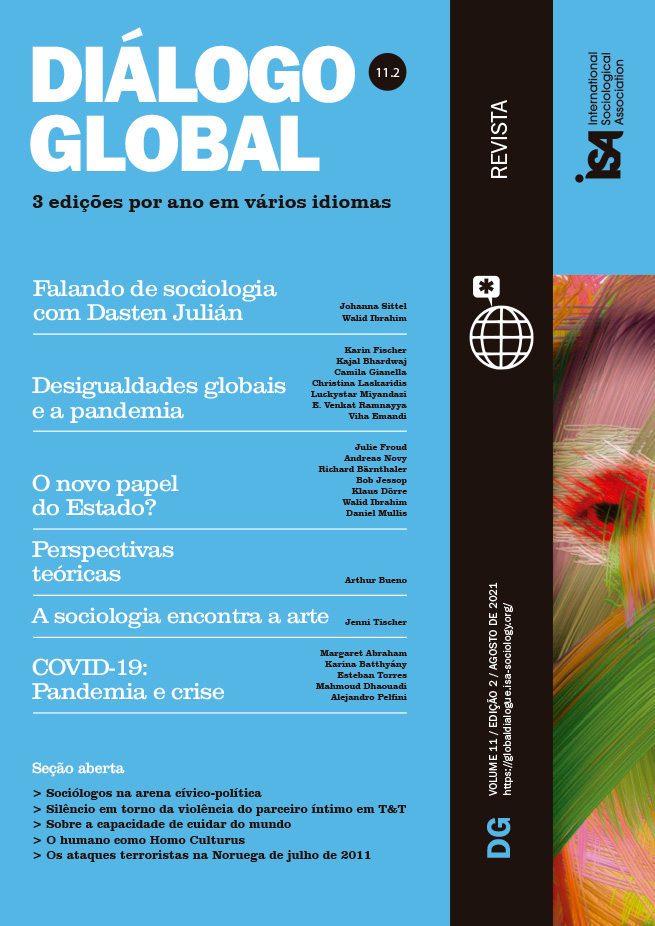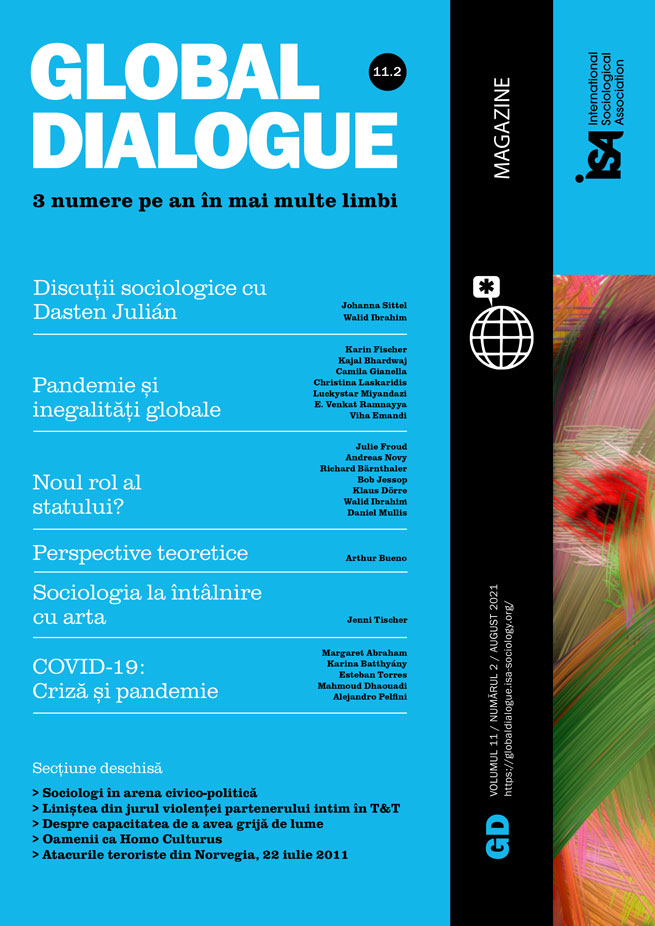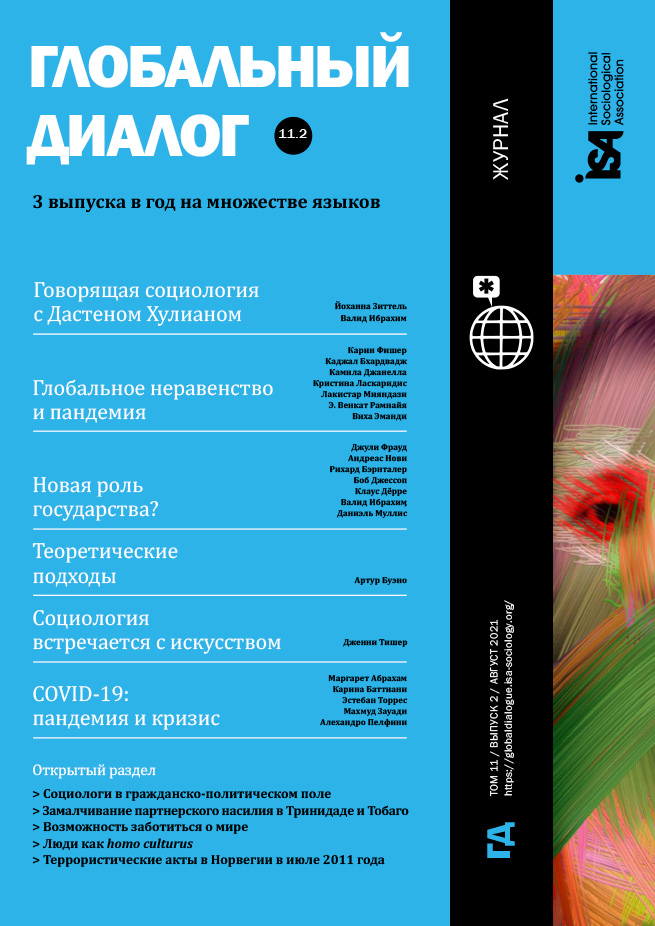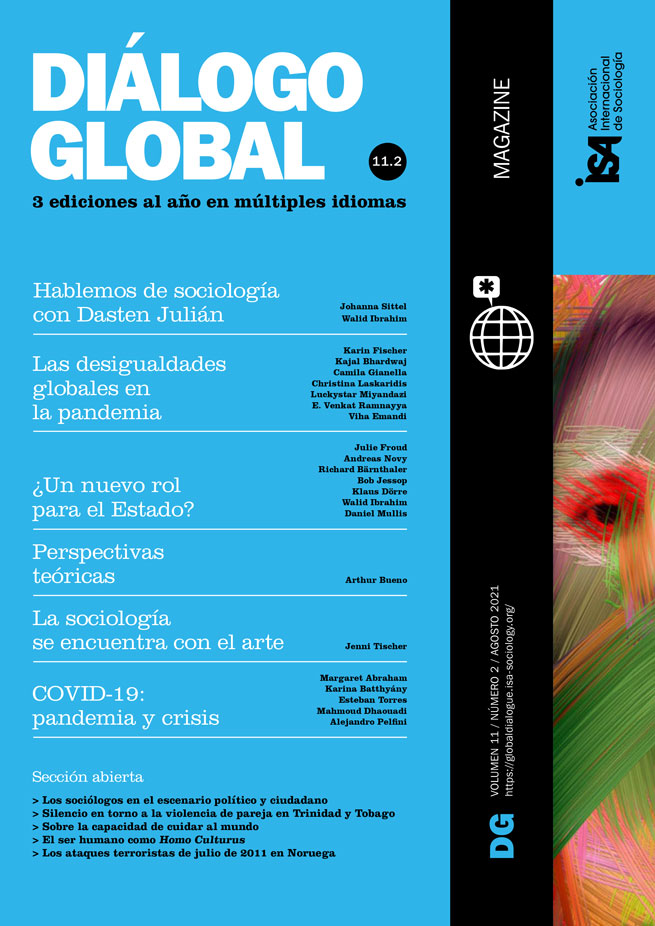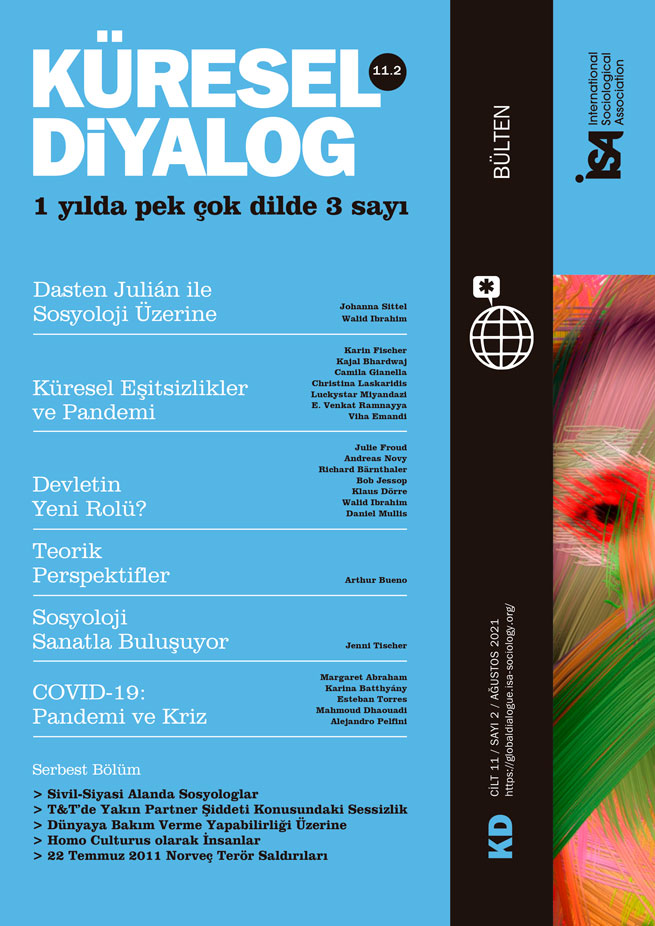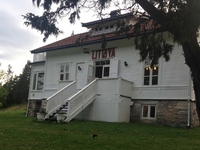Sociologists in the Civic-Political Arena

June 25, 2021
From the beginning, sociologists were involved in the public affairs of their societies (e.g., Émile Durkheim, Max Weber, Marianne Schnitger and Jane Addams), whether it was to warn wide audiences of the conditions of inequality, discrimination, and misery, as well as the injustices, abuse of power, trampling on rights, and government neglect of public services suffered by large sections of society, or to motivate informed public debate. Sociologists engaged in relevant social issues by adopting an accessible and stimulating language, without abandoning a critical spirit and an exploratory vocation, seeking to shake consciences and question power. Recently, a sociologist profile that fits well with the reflections expressed here is that of Helen Jefferson Lenskyj. Characterizing the role of academics as public intellectuals, in relation to the research she has done, Helen says: they “tackle social problems such as the damaging impacts of the Olympics, seek to uncover their origins and the systems of oppression that support them. We make recommendations for social change and work with communities to challenge those in power, sometimes successfully, sometimes not. Our targets are often ‘sacred cows’ – the Olympics or organized religion, for example (and there are overlaps) – and our findings often demonstrate that ‘the emperor has no clothes’.”
Today, there is a bewildered but also creative generation of social scientists, very restless in the face of a turbulent and uncertain era. In keeping with their disciplinary legacy, they are sensitive to the daily life of their fellow citizens and communities, in order to create innovative and reflexive frameworks that allow us to face the present moment. This, in my view, is what led David M. Farrell and Jane Suiter in their Reimagining Democracy (2019) to immerse themselves in Irish society, participating actively in the construction of a deliberative democracy among its citizens. Their work brought to public attention the citizens’ assemblies in Ireland that served as conduits for the referendums that led to the legalization of abortion and marriage for all.[1] Thus, the theory that emerges in academia is socially fed back, while links with actors are explored that, in addition to stimulating questions and issues, allow dialogues for the redesign of public institutions and cultures.
If on a daily level many actors converge to get involved in critical issues of their political community – to promote their interests and present their demands, strengthen their learning, collaborations, and organizational models, channel initiatives and action programs, build spaces of power that seek to incorporate participatory channels and democratic innovations – at their side there are also groups of sociologists and other professionals willing to support and promote them.
New roles for sociologists
Thus, between the academic world and the civic-political arena, sociologists with a view to contributing to citizen agency can assume various profiles, in a plurality of spheres of action in contemporary democracies. Considering the above, what contributions, involvements, and rethinking in the training and performance of sociologists can be considered?
In general, the traditional academic-professional division has been far outgrown by the current situation of greater complexity and interpenetration and diversification of spheres and systems of actors. These features are emerging in conditions that will still be worth weighing up.
For sociologists, responding to these complexities will – in principle – involve making their universities and research centers more relevant to civic and political actors, taking into account their needs, limits, potential, and common frameworks. Secondly, sociologists’ experiences in these changing arenas will make it possible to scope and refine what is planned in the light of what already exists, drawing lessons and thus promoting the appropriate educational innovation and expertise aimed at citizens.
At the level of democratic politics and citizen practice, a figure worth considering in the discipline is that of the sociologist as a citizen consultant-mediator.
By getting involved with citizen sectors, sociologists will have to promote a vision and performance based on significant analytical-operational capacities, and also be guided by creative, pedagogical, dialogical, propositional, and emotional skills, as well as by ways of stimulating self-definition, mobilization, and resilience that will support (or co-produce with) those who take on the role of civic and political actors. In line with this, sociologists’ commitment to an ethics based on key values of democratic life (justice, freedom, pluralism, tolerance, solidarity, criticism and dissent, listening, and collaboration), constitutes a guiding axis of their involvement.
In a more specific sense, the preconditions for the emergence of these new social and political sectors suggest that they will be receptive to:
- the acquisition of better elements, skills, and experiences in their internal (or shared) process of organizational evolution, which implies strengthening themselves democratically at different scales;
- a targeted and sustained advance in the achievement of their objectives and the concretization of ideals central to their identity (in accordance with democratic values and human rights);
- the act of assuming a platform of citizen lobbying, aimed at building a plan for the reconfiguration of policies under their influence and beyond; and
- the clarification of the contribution they would make through their democratic practice (linked to other social agents and experts) to different arenas, redirecting the rigid institutional frameworks towards inclusive and innovative ways of linking state and citizens.
In the case of sociologists, the relevant and central roles for this type of task stand out; they would act as:
- decoders of discourses, narratives, and imaginaries for their reprocessing in communication, cultural, and political projects of greater significance;
- mediators of conflict and tensions that are rooted within or outside of organizations;
- accompaniers and translators of processes of political, civil, and public action against public and private powers; and
- articulators (or co-generators) of projects of a civil, democratic, and public policy scope that would be adopted by the citizen groups they work with.
In short, situated between two serious threats that prevail today – extreme right-wing populism and the enormous power of technological corporations (linked to government surveillance systems) – citizens will need to respond to them with lucidity and a proactive orientation, articulating both their democratic voices and the capacities for governance that will strengthen and make them sustainable. Thus, with a pressing need to renew the democratic project, they will seek a refocusing of their political learning, integration of knowledge, civic friendship, and organizational orientation. And alongside this, they will need to build bridges with other actors, including practitioners of disciplines such as sociology, political science, and anthropology, who will be encouraged to become involved by combining an argumentative and empathetic approach with a more energetic and assertive impulse.
[1] See https://blogs.lse.ac.uk/politicsandpolicy/irish-referendums-deliberative-assemblies/.
Fredy Aldo Macedo Huamán, Universidad Iberoamericana (IBERO), Mexico City, Mexico <fredy.macedo@gmail.com>

